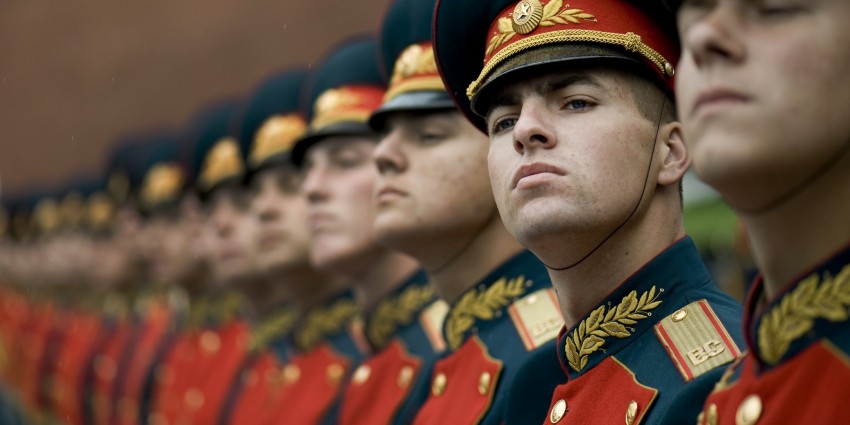Our Politics article, ‘Understanding Russia’s Soft Power Strategy‘, seeks to explain Russia’s soft power strategies by examining the peculiarities of the country’s contemporary foreign policy thinking and by identifying the drivers of Moscow’s political philosophy. More specifically, it makes an original contribution to the existing research in the way that it interprets Russian elites’ understanding of ‘soft power’ – a concept that has been borrowed from the Western political vocabulary only recently.
In contrast to some widely held stereotypes, this analysis shows that Moscow did not limit itself to simply copying the soft power concept wholesale. In Politics we argue that the Russian understanding of soft power strongly deviates from either the ‘classical’, Joseph Nye based one or those suggested by other Western academics and practitioners. The Russian interpretation of soft power is instrumentalist, pragmatic and interest-centric. The Russian Foreign Policy Concept of 2013 defines soft power as a ‘set of instruments’ that can be helpful for achieving foreign policy aims by means of civil society institutions, information technology and communication interactions, humanitarian outreach and other methods that differ from classical diplomacy. President Vladimir Putin was even more pragmatic and instrumentalist by defining the concept as a foreign policy tool or technology that helps either to promote Moscow’s interests in foreign countries or to improve Russia’s international image.
Moreover, we argue that the Kremlin’s officially proclaimed preference for soft power instruments does not exclude the use of hard power tools: if necessary, and quite often, Russian authorities have tried to combine them. Finally, our article contributes to the academic debate over the Russian soft power strategy by examining the country’s soft power resources and institutional mechanisms. Again, the originality of this piece is that it not only focuses on governmental agencies, but also on the non-governmental sector actively involved in Russia’s soft power activities abroad (albeit not in a very efficient way).

